TEDICORE Think Tank on Accessible Mobile Telecommunications
Read a speech about the importance of access to mobile telecommunications for people with a disability given by the Commission at the TEDICORE Think Tank.
Read a speech about the importance of access to mobile telecommunications for people with a disability given by the Commission at the TEDICORE Think Tank.
The voices of children and young people shape our work. By listening to you we can research important issues and make recommendations on behalf of children and young people in Australia.
We heard from children and young people and families from across Australia about their experiences with criminal justice systems.
We looked at what could be done to stop children coming into contact with the police and the courts and ending up in detention. And how people in charge could treat young people in detention safely and respectfully and be held to account.
Children and young people told the National Children's Commissioner they need 'help way earlier!'. She wrote a report about this. She also recorded this video to report back to children what she heard.
We will soon survey people aged 14 – 18 years about their experiences of, and attitudes towards, consent, respectful relationships, and sex education. This will help the government improve consent education across Australia.
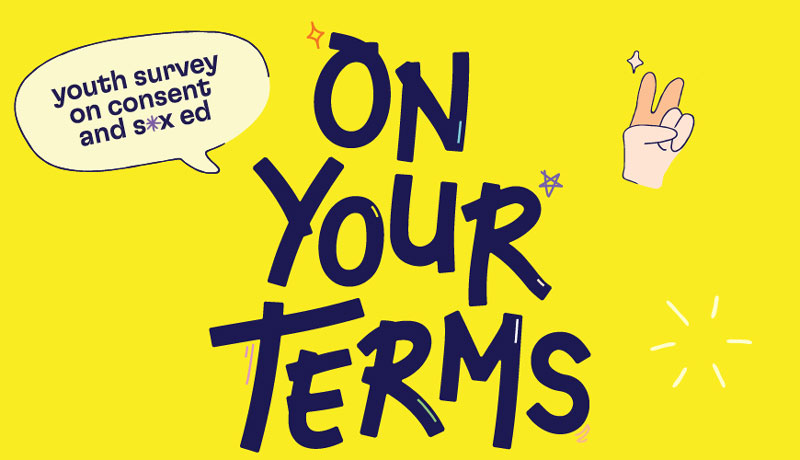
We consult with children and young people across the country so their voices are included in decisions that affect them.
Our project 'Do things with the information we tell you': Supporting Quality Engagement with Children (SQE) is about making sure the right people – the decision-makers in government – hear what children have to say and take action.
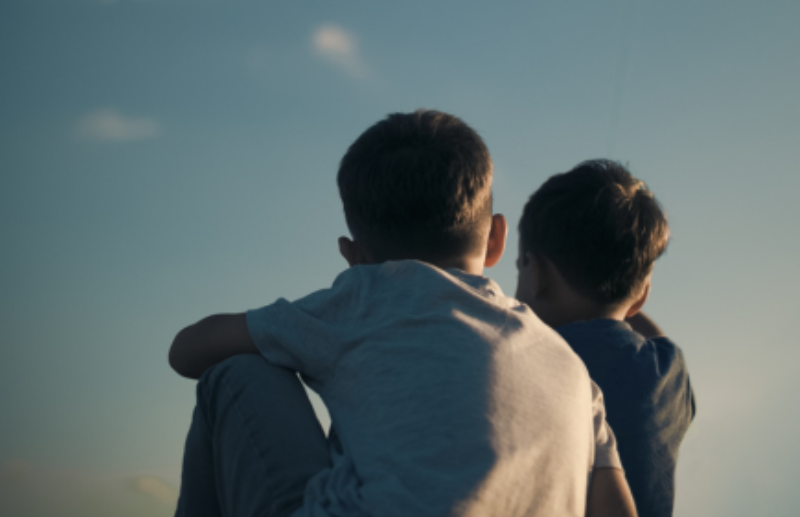
Australia has signed up to a UN treaty which protects children’s rights. The government reports on how it is upholding this law to a special committee every 5 years.
We also submit reports on how we think the government is tracking and what actions we think they should take.
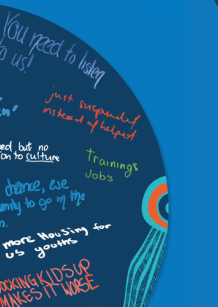
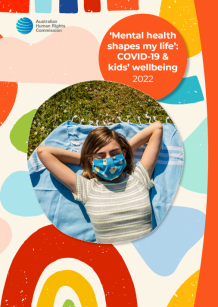

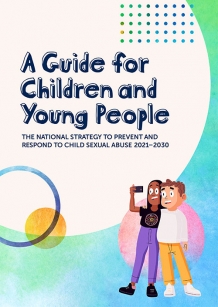
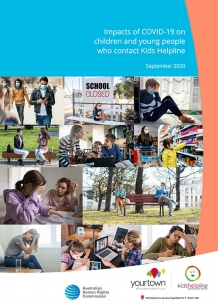

Australian Public Service Commission one-day diversity conference 'Public Service Regeneration - Challenges and Opportunities for the Workforce' Brisbane, Wednesday 8 June 2005.
Most of you here today would know that it is not trite to say that local government is the closest level of government to our communities, and as such plays a key role in building and reinforcing the fabric of those communities.
The electronic mass media are among the most powerful influences on people's lives today. You who work in the media shape our view of the world and of each other. Through media exposure we get access to a vast range of life situations that go far beyond what any one of us could personally experience.
Let me also acknowledge that we are meeting on the traditional land of Ngunnawal people. I pay my respects to their elders past and present, and all the Aboriginal and Torres Strait Islander men and women who have worked so committedly to eliminating sexual assault.
In our new strategic plan we commit to 'motivating big business to incorporate human rights into their everyday business practice'.
Before I begin, I would like to acknowledge the traditional owners of the land on which we stand and pay my respects to their elders both past, present and future.
Although the first Human Rights Commission was established by federal legislation in 1981, ICESCR was not added to its mandate (unlike the ICCPR). The omission was repeated when the new (current) Commission was established in 1986.
Let me join those who have spoken before me in acknowledging the traditional owners of the land on which we meet, the Gadigal people of the Eora nation. I pay my respects to their elders past and present, and to Aboriginal and Torres Strait Islander leaders we have with us tonight.
I would like to begin by acknowledging the Gadigal People of the Eora Nation, the traditional owners of the land on which we meet, and pay my respect to their elders past and present.
International Human Rights Day falls on 10th December each year. It marks the occasion on 10th December 1948 when the United Nations adopted the Universal Declaration of Human Rights.
As the world awaits the birth of the new millenium with a level of anxiety we come to associate with expecting parents, I am pleased to note that the United Nations, in nominating 1999 the International Year of Older Persons, has not, at the last, forgotten the grandparents.
Prime Minister, the Hon Kevin Rudd; Opposition Leader, Brendan Nelson; the Minister for Indigenous Affairs, the Hon Jenny Macklin; former Prime Ministers, Professor Bruce Wilson representing the late Sir Ronald Wilson, Stolen Generations patrons Dr Lowitja O’Donoghue and Bobby Randall, NSDC Chair Helen Moran and SGA Chair Christine King, Ministers; Members of Parliament; Senators, members of the stolen generations and your families; my Indigenous brothers and sisters; and distinguished guests from around Australia and overseas.
I'd like to begin by acknowledging the traditional owners of the land we are meeting on today, the Wurundjeri people of the Kulin nation, and pay my respects to their Elders and Ancestors.
Visit our media centre for up to date contact details for all media enquiries.